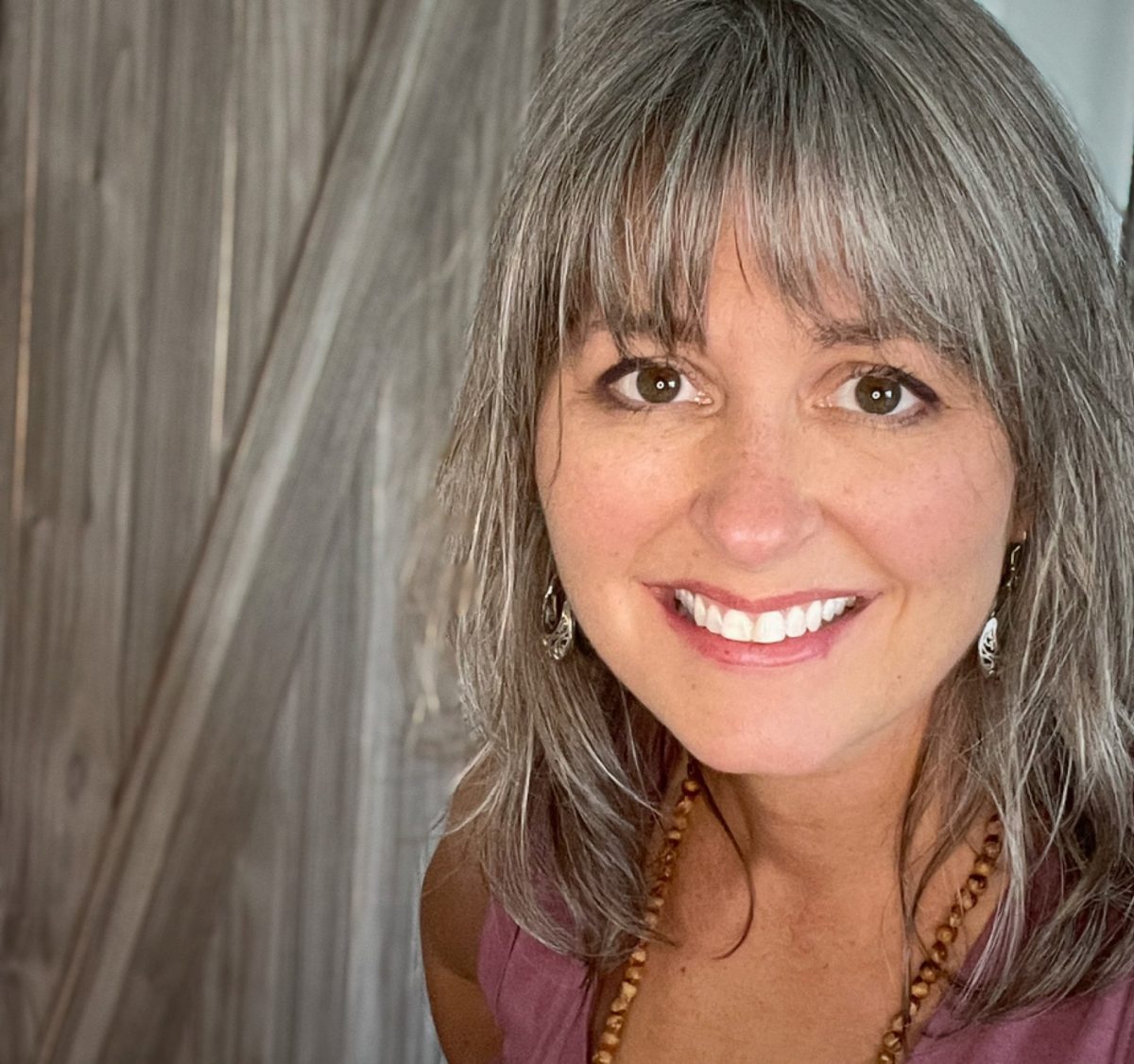There are rumors that humanities departments around the country are in trouble. Less and less students are voluntarily taking courses in the arts for a myriad of reasons, one popular argument being, if they’re not directly related to one’s major, what’s the point?
But what if I told you, without a post-high school foundation in literature, philosophy, history, or art, humanity (as we know it anyway) could cease to exist?
What if I said companionship and relationships as a whole rely on these soft subjects? What if I said your sex life depends on it?
Sociologists have studied the importance of human relationships for decades. Being socially connected and interpersonal relationships – friends, family, classmates, and intimate partnerships – have been proven to be vital components to physiological and psychological health.
But what is it about intimate partnerships specifically? How are we sabotaging our relationship status in a technological primary communication world and how can taking a humanities course up your chances at scoring a date – or at least a phone number?
Dating is a funny game. Person meets person. Person likes person. Person wants to get to know person better… contrary to popular belief, getting that first date is easy.
Usually this get together is more like an informal interview of sorts. It’s about physical attraction and frankly, the chemistry of pheromones.
However, the real challenge comes in those second and third and every other encounter beyond. Ultimately, any future between two people depends on each other’s level of maturity and dynamics in communication, critical thinking, collaboration, and creativity.
This is where that desperately needed humanities course would come in handy. Offering a number of humanities and dating courses could bridge gaps in potentially flailing academic departments.
What if there was a history course on the evolution of dating from the Middle Ages to the present? What if an art class explored innocent appearing works that were actually quite intimate choices (some even considered erotic by the times)?
Or, what if literature offered a deep dive into the analysis of character relationship development? The list could go on and on. Students young and old would most definitely sign up.
Today, many of us are codependent and in a love affair with our electronic devices. Any ping informs us about a text, email, or other notification, and we’re huddled in a corner for hours scrolling, typing – starving ourselves from human contact.
During these hours with our devices, we miss out on building skills in following subtle social cues that come with direct communication. We mask emotion, depth, and passion in a myriad of emojis and acronyms.
This is where honed skills in humanities excels. Technology will never satisfy the authentic intimacy unlocked in a mere glance – a brief locking of eyes that sends our mind, body, and hormones into overdrive.
In my experience, when I was single and wading in the dating pool (nearly 20 years ago), I found some pretty interesting discoveries.
The people that had limited exposure to humanities courses/lack of refined soft skills were great one night stands, confidence boosters when I was on the rebound, or insurance policies if Mr. Right never came along.
But when it came to healthier, long term relationships? It was the emotional, deep, and passionate folk that won me over hands down.
Someone’s willingness to consider outside the box thinking – or no box at all sometimes – kept me interested longer than their beard and stronger than their aftershave.
It was the staying up until the wee hours of the morning, talking about those touchy feely humanities subjects that elevated the relationship, punched the “you get me” card, and charged the sex battery.
In my humble opinion, humanities really should offer a course related to dating. I’m confident there wouldn’t be a shortage of voluntary sign ups for it.
Come to think of it, maybe that’s what I should do post graduation – teach a public humanities course in human relationships. Dr. Vietto? Dr. Worthington? Is it too late to change my concentration?
Tera Johnson-Swartz can be reached at tjohnsonswartz@eiu.edu or 217-581-2812.


































































